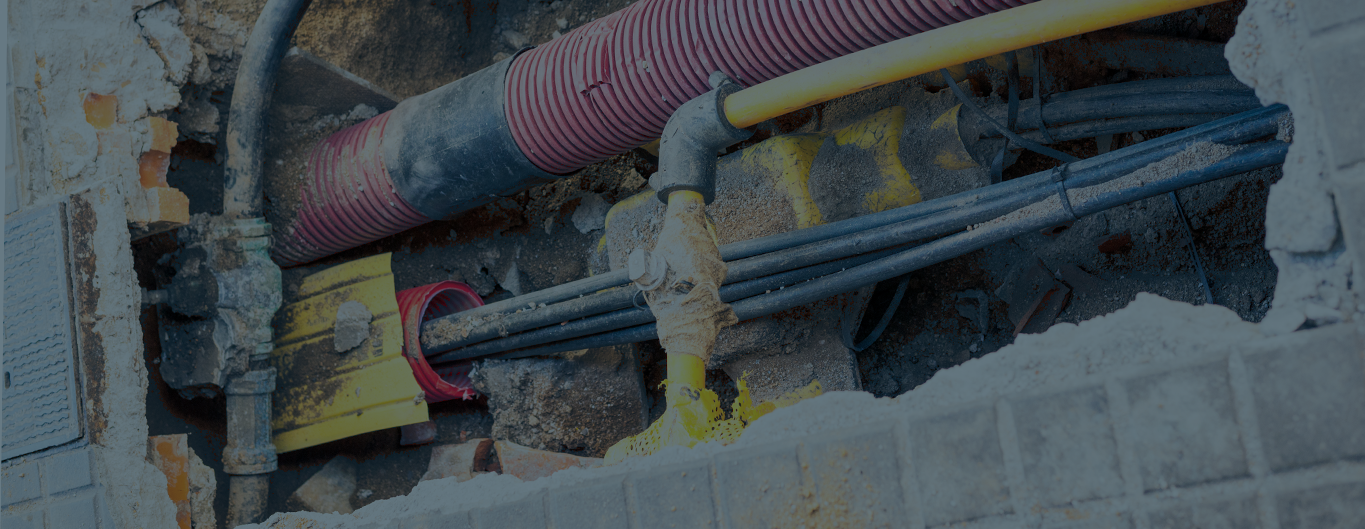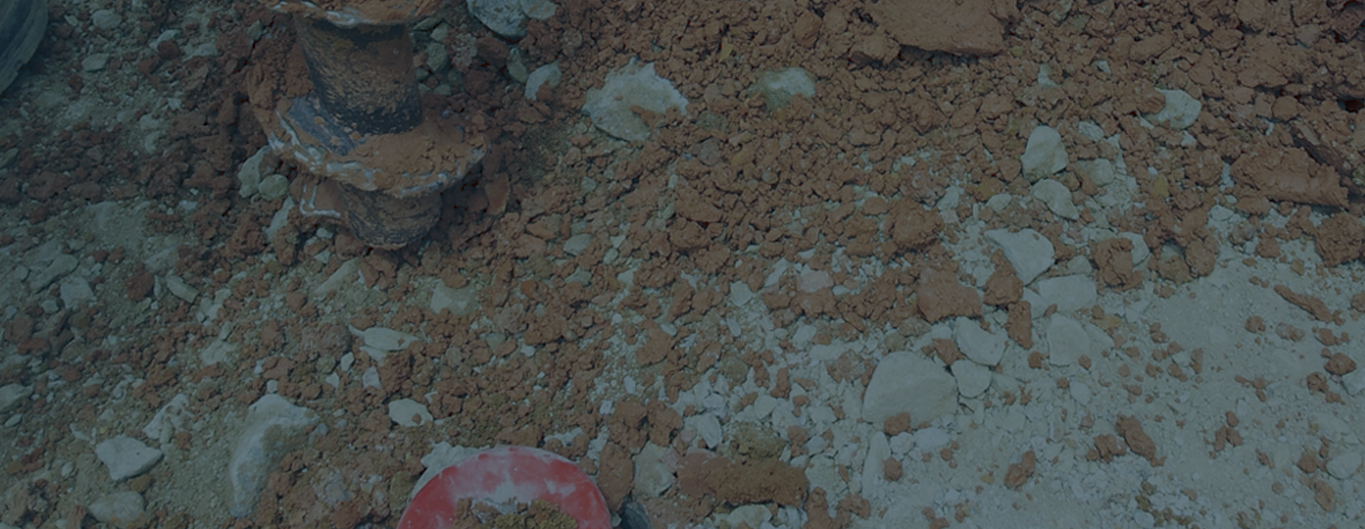Concrete is the most common construction material on earth. If you work in construction, you're likely to use concrete at some point in your career.
If you're new to working with concrete or you need a refresher, this course will build on your theoretical knowledge in civil, structural or concrete engineering. You'll gain practical knowledge of concrete as a construction material.
This course takes you through the design, production and placement of concrete from raw materials through to verification. It also introduces common special applications of concrete in civil engineering, such as shotcrete and tremie concrete.
You'll learn about:
- the basics of cement chemistry
- concrete batching, placement, compaction and curing
- testing of fresh and plastic concrete
You'll learn how concrete mixes are designed to meet strength and durability requirements. You'll also see how the main concrete constituents influence concrete performance in its fresh and hardened states.
During the course, you'll use practical case studies and videos, and test your knowledge with quizzes and assignments. You'll also gain real-life insights from a civil engineer with decades of experience specialising in concrete.
By the end of the course, you'll understand how raw materials like sand, water and cement can turn into reinforced concrete structures. You'll also understand how concrete is produced and shaped—while still plastic and workable—to meet the required performance criteria after hardening.
*1% credit card surcharge applies.
Any questions?
Contact us
1 January - 31 December
Once you register, you will be provided with access to the EEA Online platform to start this course.
We can arrange bulk registration packages for corporate clients.
This includes the option to set up an access code for your organisation, allowing your team to register for courses on demand, avoiding the need to request individual Purchase Orders.
Find out how we can help you and your team by completing an enquiry form or calling us on +61 3 9321 1700.
- The most important steps and processes in concrete technology from the selection of raw materials to the verification of hardened concrete
- Identifying the key constituents of concrete and their influence on how fresh and hardened concrete performs
- The basics of cement chemistry and effects of some concrete admixtures on concrete performance
- Common concrete placement methods
- Common concrete testing methods
- The fundamentals of some special applications of concrete engineering (practice shotcrete, tremie concrete for piles, and self-compacting concrete)
Is this course for you?
This course suits civil engineers, structural engineers and geotechnical engineers. It may also be of interest to those who want to understand the principles behind concrete technology including:
- construction professionals
- builders
- architects
- project managers
- quantity surveyors
- QA professionals
- commercial managers
- academics
- students
There are no prerequisites for this course.
Topics we'll cover
- Introduction to concrete
- Constituent materials
- Concrete mix design
- Concrete production
- Concrete placement
- Verification and testing
- Special concrete applications in Civil Engineering
Dr Martin Larisch is a Fellow with Engineers Australia and a Principal Geotechnical Engineer with over 25 years of international experience in the piling and ground engineering sector. He has worked in various technical and operational leadership roles for some of the largest specialist piling and ground improvement contractors and design firms in Australia, New Zealand, and Germany.
Martin has significant experience in the design, construction and verification of piled foundations, retaining walls and ground improvement schemes for infrastructure, marine and building projects. He was also affiliated with The University of Queensland as an Adjunct Associate Professor in the Geotechnical Engineering Centre from 2014 to 2021
This course is delivered through EEA Online, our digital learning platform.
You'll learn using a mix of practical case studies, quizzes and reading, audio and video materials. You'll also apply your knowledge in practice with a variety of assessment tasks and learning checks.
It will take approximately eight hours to complete. As it is self-paced, you can start anytime and save your progress as you finish each module.
Once you register for the course, you have 90 days to complete it.
Upon successful completion of the course, you will receive a digital badge as evidence of your achievement. Learn more about Engineering Education Australia’s digital badges including how to claim and share on our Frequently asked questions page.
This also counts towards the number of Engineers Australia Continuing Professional Development (CPD) hours you can claim.
EEA Online access
EEA Online is powered by leading Learning Management System (LMS), Canvas by Instructure.
Once you register for a course, you will be provided with access to the EEA Online Canvas platform to start this course.
If you are registering for your first EEA Online course, you will receive an email from [email protected] inviting you to set up your EEA Online account.
Supported Browsers
For best performance, please use the most recent major release of Chrome, Firefox, Edge, or Safari. Read more about the current supported browsers on Canvas:
Mobile access
EEA Online is mobile friendly, however desktop is preferred. Please read through the following information on mobile access via Canvas:
Professional, quality training package.
Course material was comprehensive, well laid out and mixed text with interactive modes of content delivery.
The assessments confirmed the main takeaway points from the course material.
As a civil/structural engineer, concrete is an invaluable material and the learning outcomes of this course were beneficial to me. Specifically the content on special concrete applications.

